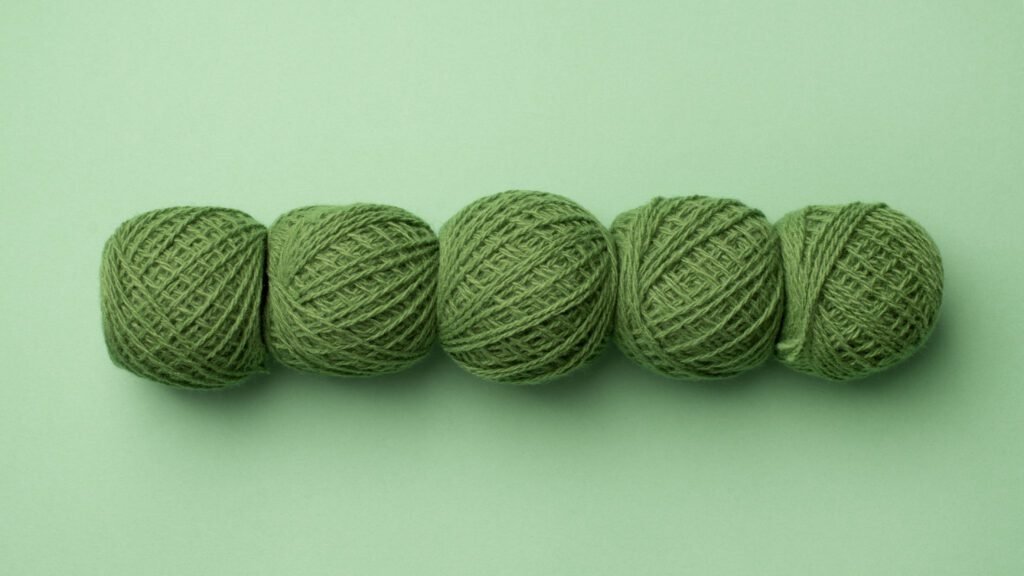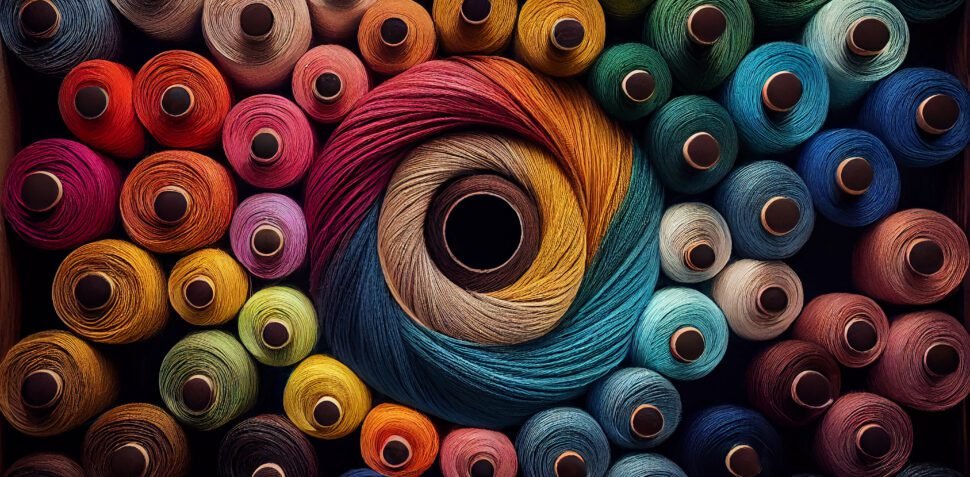Introduction
As the global focus on environmental conservation intensifies, the textile industry is undergoing a transformative shift towards sustainability. One of the most impactful innovations in this movement is the development and use of recycled textile products. These products not only help reduce waste and conserve resources but also offer high-quality alternatives to conventional textiles.
At MK Textile Corp, we are proud to be pioneers in this sustainable revolution, offering a diverse range of recycled textile products that align with our commitment to environmental stewardship.
What Are Recycled Textile Products?
Recycled products are made from fibers recovered from used garments, fabric scraps, and other textile waste. Instead of discarding these materials, they are processed and transformed into new products, contributing to a circular economy. This process not only reduces the amount of waste sent to landfills but also minimizes the need for virgin resources, thereby decreasing the environmental impact of textile production.
Types of Recycled Textile Products
- Recycled Polyester Fabrics: Made from recycled plastic bottles or old polyester garments, these fabrics are durable, versatile, and maintain the performance qualities of virgin polyester.
- Recycled Cotton Fabrics: Produced from discarded cotton garments or fabric remnants, recycled cotton offers the same comfort and breathability as conventional cotton while reducing waste.
- Recycled Nylon Products: Sourced from old nylon textiles or fishing nets, recycled nylon is used in a variety of applications, including activewear and outdoor gear.
- Recycled Wool Products: Made from post-consumer wool garments, recycled wool retains the warmth and softness of virgin wool, making it ideal for cozy, high-quality textiles.


Environmental Benefits of Recycled Textile Products
The use of recycled products offers numerous environmental advantages, addressing key issues such as waste reduction, resource conservation, and lower carbon emissions.
Waste Reduction
One of the most significant benefits of recycled products is their contribution to waste reduction. By repurposing textile waste, we prevent these materials from ending up in landfills, where they would otherwise contribute to environmental pollution. Recycling textiles helps to close the loop in the fashion and textile industries, promoting a more sustainable lifecycle for products.
Resource Conservation
The production of traditional textiles often requires significant amounts of water, energy, and raw materials. Recycled products, on the other hand, use fewer resources, as they are made from existing materials. For example, recycling a single plastic bottle into polyester fabric can save enough energy to power a light bulb for several hours. This conservation of resources is crucial in reducing the overall environmental footprint of textile manufacturing.
Lower Carbon Emissions
The process of recycling textiles typically generates fewer carbon emissions compared to producing new textiles from virgin materials. By reducing the need for new raw materials and the associated energy consumption, recycled products contribute to lower greenhouse gas emissions. This reduction is an important step in combating climate change and promoting a healthier planet.
Economic Advantages of Recycled Textile Products
In addition to their environmental benefits, recycled textile products offer several economic advantages for both manufacturers and consumers. These include cost savings, market differentiation, and increased consumer demand for sustainable products.
Cost Savings
While the initial setup for recycling processes can be investment-heavy, the long-term cost savings are significant. Recycled textile products often have lower production costs compared to textiles made from virgin materials, as they require less energy and raw materials. Additionally, the growing efficiency of recycling technologies continues to reduce production costs.
Market Differentiation
In an increasingly competitive market, businesses that offer recycled textile products can distinguish themselves from their competitors. By highlighting their commitment to sustainability and eco-friendly practices, companies can attract environmentally conscious consumers and enhance their brand reputation.
Increased Consumer Demand
As awareness of environmental issues grows, so does consumer demand for sustainable products. Recycled products meet this demand by offering high-quality alternatives to conventional textiles while supporting a greener future. Businesses that incorporate recycled textiles into their product lines can tap into this expanding market and benefit from increased sales and customer loyalty.
MK Textile Corp’s Commitment to Recycled Textile Products
At MK Textile Corp, we are dedicated to leading the charge in sustainable textile innovation. Our range of recycled textile products exemplifies our commitment to reducing waste, conserving resources, and promoting a circular economy.
We source our recycled materials from reputable suppliers and use advanced technologies to ensure that our products meet the highest standards of quality and performance.
Our recycled textile products are not only environmentally friendly but also versatile and stylish, making them suitable for a wide range of applications, from fashion and home furnishings to industrial uses. By choosing our recycled textiles, you are supporting a more sustainable future and contributing to the reduction of global textile waste.
Conclusion
Recycled textile products represent a significant step forward in the quest for sustainability within the textile industry. By repurposing waste materials and reducing the need for virgin resources, these products help to minimize environmental impact, conserve resources, and lower carbon emissions. At MK Textile Corp, we are proud to offer a diverse range of recycled products that align with our commitment to environmental stewardship. Together, we can embrace a greener future and create a more sustainable world, one recycled product at a time.


